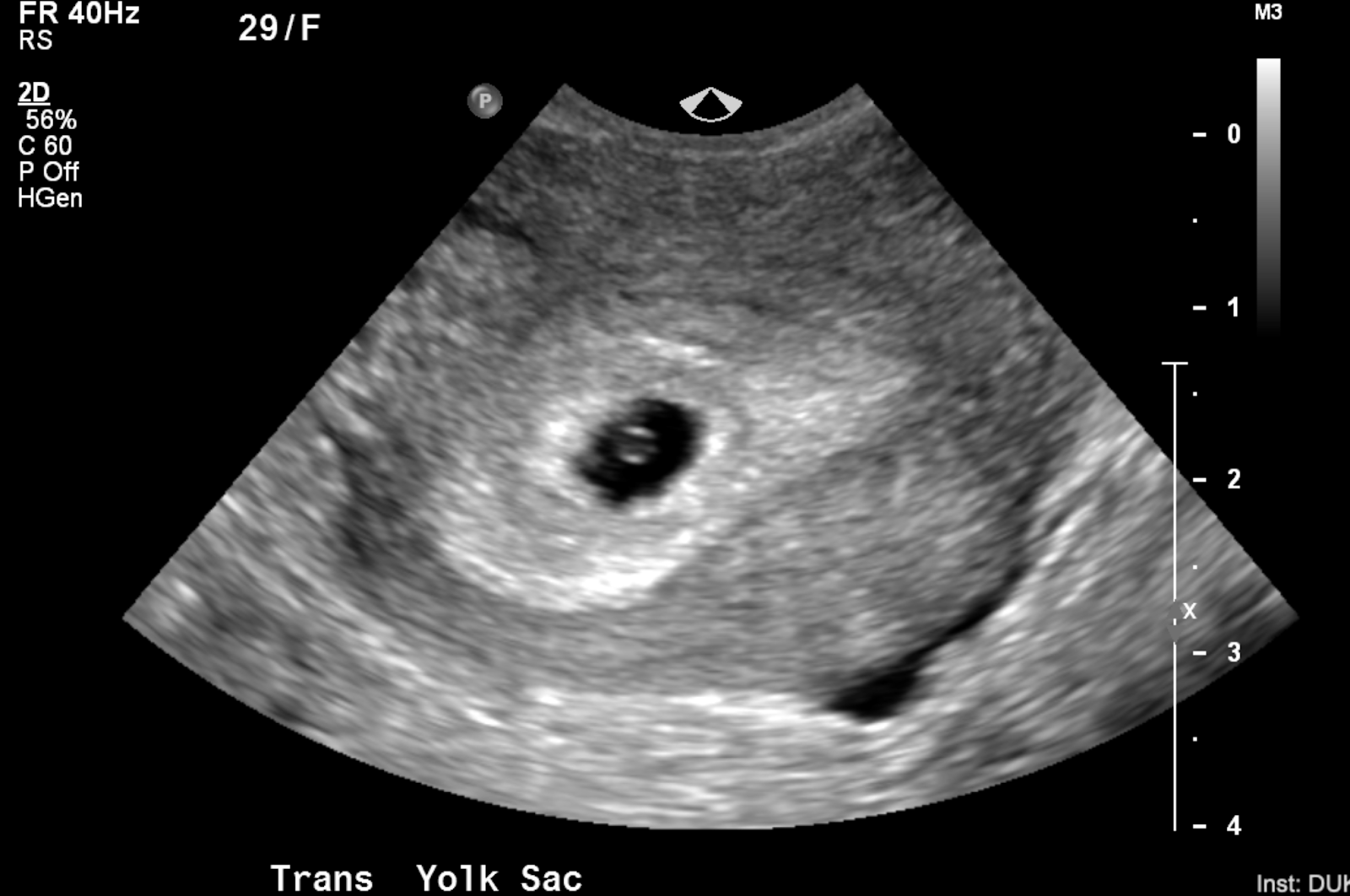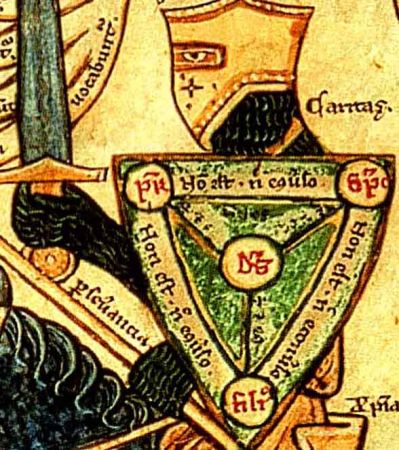We're all familiar with the tags on mattresses, warning us it is a violation of federal law to remove the tag. Those tags are a form of consumer protection. The purpose of those tags is to state what materials were put inside the mattress, so that the factory can't stuff it with human hair then claim it's goose down. Because wouldn't that be a crooked thing to do? At one point, this was a major problem. So they made a law. You aren't allowed to sell a mattress claiming it's goose down when it's not made from goose down. And so the tag is there as a means of prevention.
But you can kind of understand why someone would sell a mattress made of old human hair, and claim its goose down. You can get the material for free, and sell it for a premium.
And you can understand a hundred other circumstances where a company would do this.
For instance a flour company, stuffing their bags with sawdust, but leaving the "flour" label on the bag.
Sawdust is cheap. Flour is more expensive. That's the point, that's why it happens.
But imagine a company that already had flour, and chose not to use it. They choose instead to fill the bags with sawdust, and just leave the flour to go stale.
It's behavior that doesn't make any sense.
That is the situation we repeatedly find ourselves in with modern movie adaptations of classic stories.



